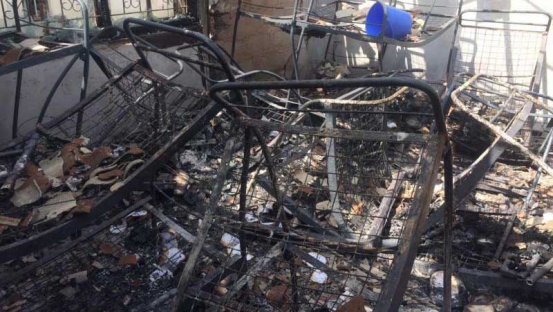
Last year, school fires that affected at least 100 schools countrywide were a cause for alarm. The timing of the arson attacks coincided with the implementation of policies that Education Cabinet Secretary Fred Matiang'i had initiated to restore the dignity of the Kenyan education system that had fallen prey to cartels.
As would have been expected, accusations and counter-accusations flew with reckless abandon. Some believed it was the cartels expressing their displeasure with Dr Matiangi’s tough rules that threatened their lucrative business of selling leaked examination papers. Those who prefer to politicise issues blamed the Opposition. Yet there were those who believed students were rebelling against a pernicious curriculum. Others blamed substance abuse.